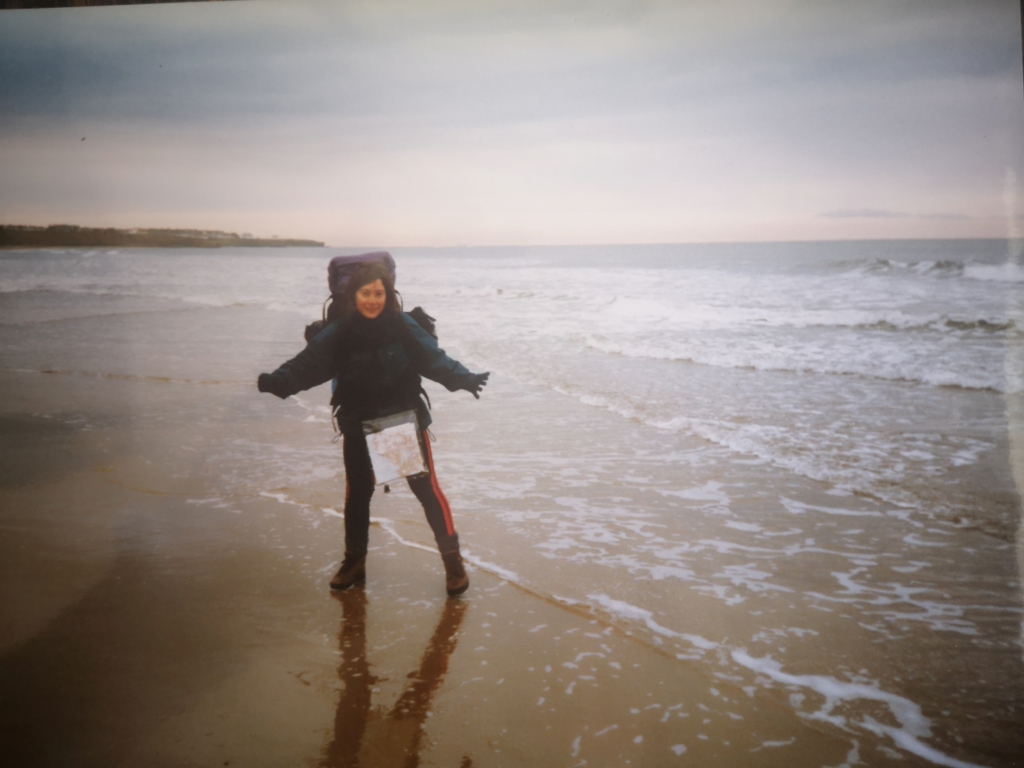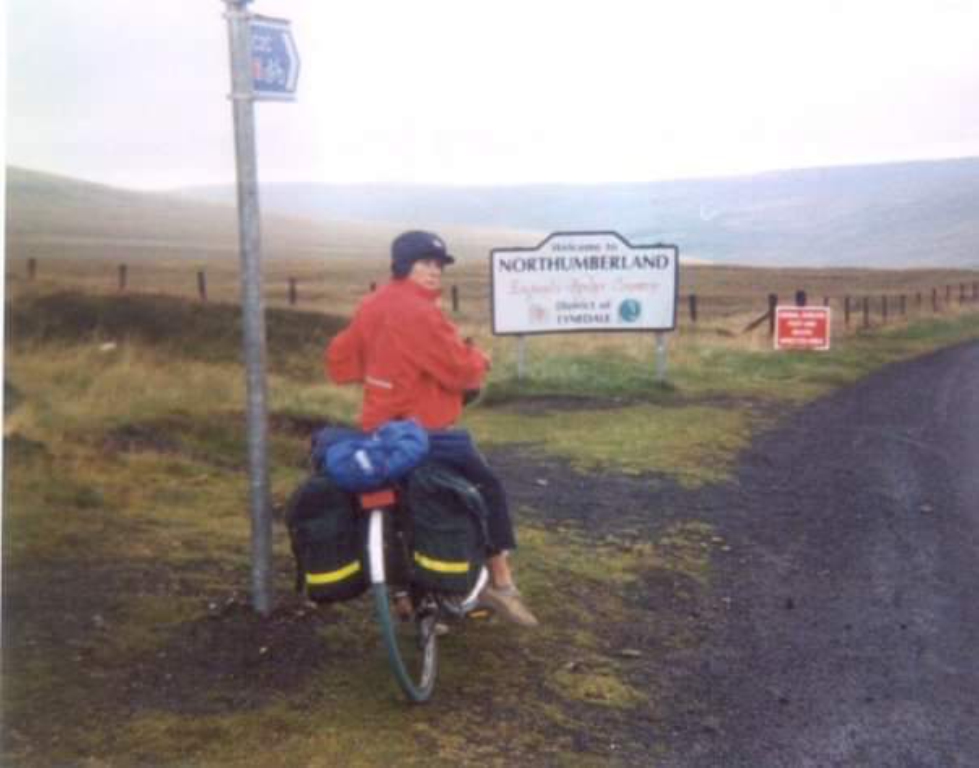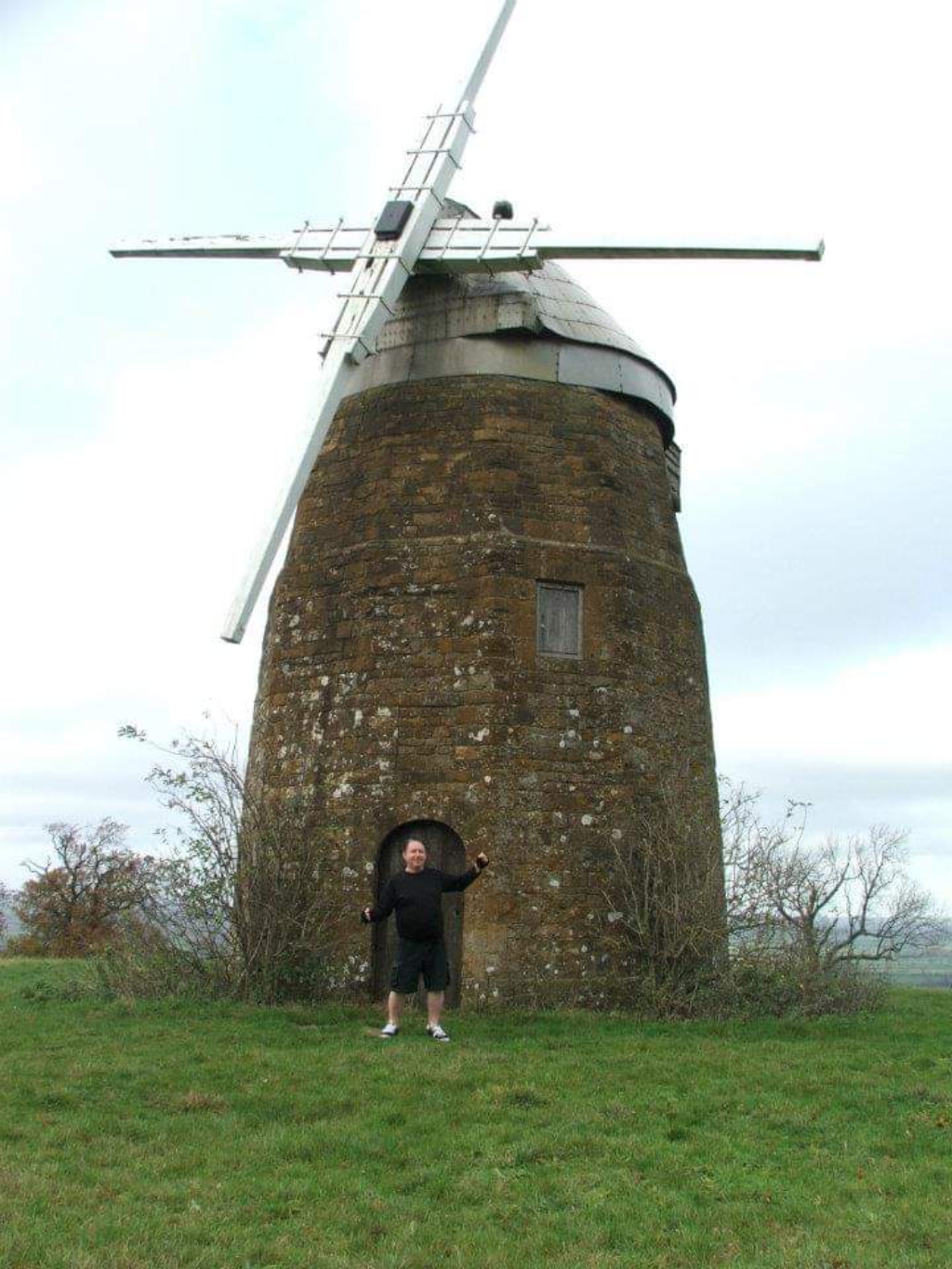“I am a Truth Seeker”, I say. It’s as if I’m at the equivalent of an Alcoholic Anonymous meeting. Only, why would I be there, and why would I say such a thing? Maybe because I’m a seeker of knowledge and perspectives beyond mainstream sources, and it makes me ask many questions. But, I’m navigating a world that seems to increasingly want the One Truth – a rock solid one that can’t be challenged; the last word on the issue. We always need to re-evaluate current truths; but it’s not easy. It takes time, effort and nuanced thought, and not everyone wants to do this (or needs to). But, some people need to do it.
This is the first of a series of posts in which I look at some ‘truths’ which are increasingly under scrutiny (only you may not know it yet). There’s likely to be some turbulence in the landscape around these issues, but the upside is that we should find ourselves in a better place.
DDT, Big Food, Big Ag and More
We don’t always know that a change in viewpoint is beneficial when current thinking is first challenged. Remember when we thought that spraying crops with DDT (aka Agent Orange) was a great new advancement that would revolutionise food production?
Until of course, some enlightened souls raised the alarm over its dangerous and damaging effect on wildlife. Those enlightened souls were rebuffed and ignored for a long time. They were seen in a negative light in a post-war world, still concerned with food security where crop pests must be forcibly eradicated. It took years to ban the use of DDT. Many think that Rachel Carson’s book Silent Spring was instrumental in bringing people’s attention to the issue of DDT and other pesticides.
Truth-Seeking Can Lead to Better Times
It was a hard-won battle, but our fields are better for it, at least in first world countries. Even so, pesticide producers long ago swung their attention to developing countries, and so the debate continues in ‘DDT: Fifty Years Since Silent Spring‘.
It is like playing a very necessary game of whack-a-mole. In recent years, we’ve seen the same process with new pesticides (neonicotinoids, aka bee-killing pesticides), ultra-processed foods, many pharmaceuticals, plastic and fast fashion; but on the plus side, more people are talking about regenerative farming, fermented foods, good gut biome, natural health, slow fashion and natural fibres.
We often don’t notice that those more positive topics of conversation came long after much resistance to anyone challenging old narratives.
Change Can be Uncomfortable
The ever shifting sands of truth can be irksome to many people. But, ‘truth’ needs to be constantly challenged. To find that an idea, a principle, a method of working, or a product we’ve believed in for a long time is deeply flawed is uncomfortable to contemplate. We can be tempted to cling to the familiar because it feels like a place of safety.
Not only that, but those who expose a problem are often publicly reviled by people in a place of power and authority (those who lose out to a change in narrative). They’re good at tempting us to stay put in our comfort zone.
So, what does it mean to be a truth seeker? Why do we need them in society, and where do they fit?
Truth-Seeker or Truth Prospector?
I’m grappling with odd terms to explain myself, and others I see myself with. Perhaps ‘Prospector’ is better than ‘Truth-Seeker’? I guess what I want to emphasise is that this means mentally trekking out over the border; to go panning, sifting and drilling. What for? Not just information, the ‘hard evidence’, but for perspectives and reflections of others.
It’s an adventure, but you sometimes take a risk in speaking of what you hear. It feels like, if you’re not an investigative journalist, you’re not expected to do this thinking. I mean, what are you doing thinking?!
Truth-Seekers/Truth Prospectors can be seen as blindly accepting alternative (mad) viewpoints of those who don’t fit into established media. But those outliers can be Truth Warriors. I see myself as more of a go-between. Together, we’re out in the wilds (fending off the bears), panning, sifting and drilling; we’re constantly assessing our confidence in what we come across, like a rock climber who assesses the safety of the next hand hold.

My thoughts on this came about after a conversation the other day. We were questioning how risk adverse and adventurous (or not) we were. We were talking about physical risk: would we bungee jump off a bridge? Or, would we get into dangerous sports like Olympic level ski jumping, like Scandinavians and the Swiss? How do they train without breaking their necks?
I said that I think I’ve settled into middle of the road on the physical risk-taking to safe spectrum, as the years have gone by.
Risk Adverse or Risk-Attracted?
I’ve gone from aspiring to be a gymnast (hurtling over the horse or beam hung from the gym hall roof) when I was young, to surfing and rock climbing in my thirties, and then less risky, but still adventurous long-distance walking and cycling.
My medium-risk level of adventure life : travels with my adventurous friend, the late Justine Timothy🥹: first, dipping our toes in the sea at Witley Bay on New Year’s Day before starting a walk across England via Hadrian’s Wall.
We failed, on this particular trip (eventually because of pulled muscles setting in from walking too far on the first day in the freezing cold). You live and learn….
Click on image for slide show view
I have no photos of myself on a surf board or hanging off a rock, but with blurry photos of my cycling trips with friend Dave, I can reminisce:
Click on image for slide show
Attitude to Risk and Adventure: Written into our DNA
In that conversation about risk, my work colleague said she is very risk adverse. I said that maybe it’s baked into her DNA? I would say my mother was the same. She was the organiser, the stoic, keeping us functioning from day to day.
Perhaps a spectrum has evolved in society for good reason, yet those at opposite ends of the spectrum can feel like strangers to each other? Sitting now more in the middle (I believe), I can see how society needs people at both ends of the spectrum, and all points inbetween.
A Calling Within
For after all, if we go back in time, when we lived in tribes or small groups of people, we would have needed the adventurers, the prospectors and warriors. Those who would set off across the ocean in a creaking boat, or up into the mists hovering over mountains, in search of resources or new land. They may have had to risk their lives and fight off an enemy; it’s a calling within.
Yet, we also needed those who are more inclined to keep the home fires burning, focusing inwards, carrying on with daily tasks. For, there was always the repetitive gathering of food and moving animals from field to field (or across grazing lands) to be done. The mundane dealing with muck and cleaning, building and repairing – a mix of mundane and skillful work..
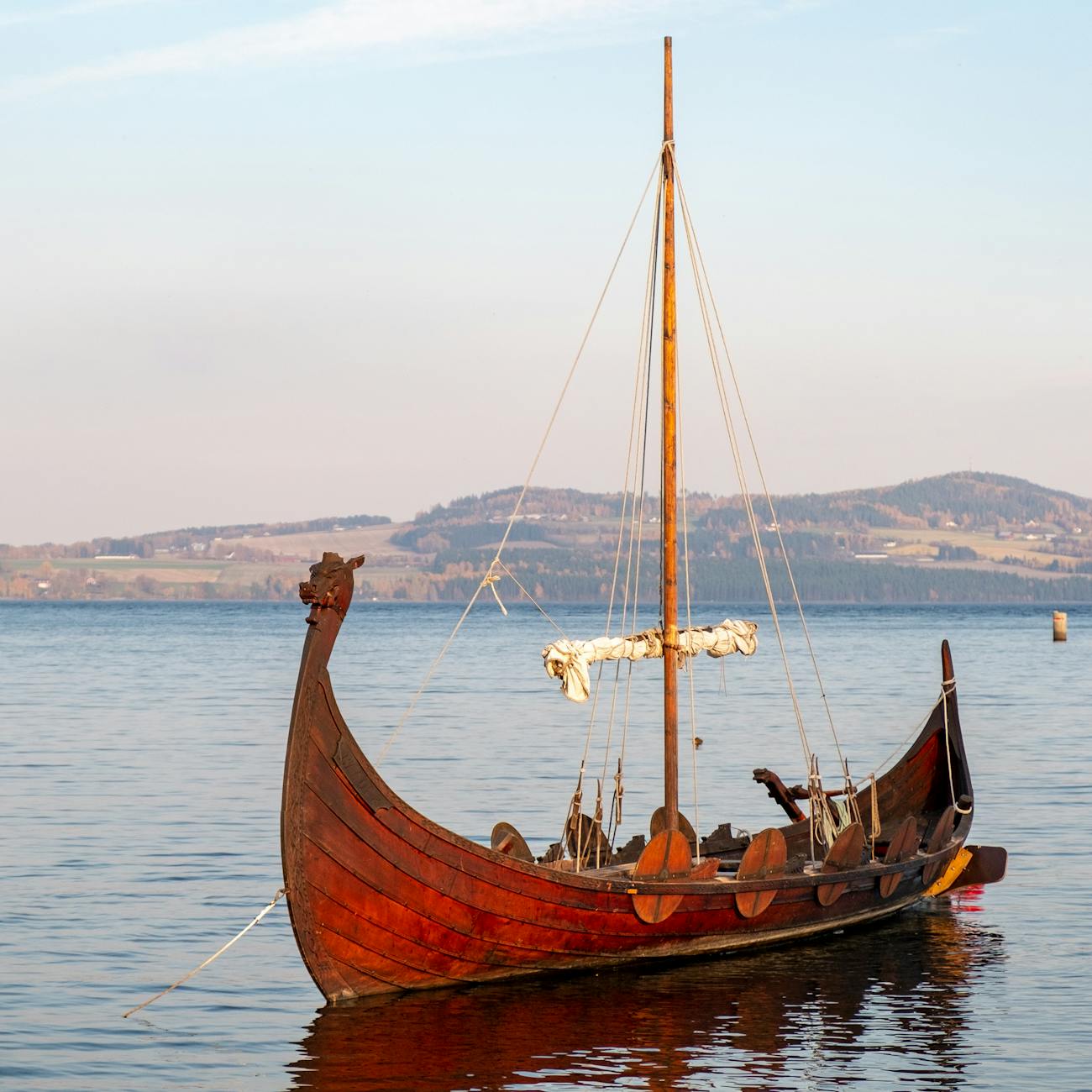
The Adventurers and Prospectors (Equivalent of Truth Seekers) Return
The prospector returns with much-needed resources, finding friends and family living an orderly life; everyone functioning and well. Two opposite mindsets appreciate the other at this time. But on and off, these different personalities can find each other hard to understand.
Now, I’ve settled down with my husband, Andy, nothing pleases me more than learning better ways to run the allotment, how to use my garden as an apothecary, how to spin wool and qualities of fleece from native breed sheep. Life has changed.
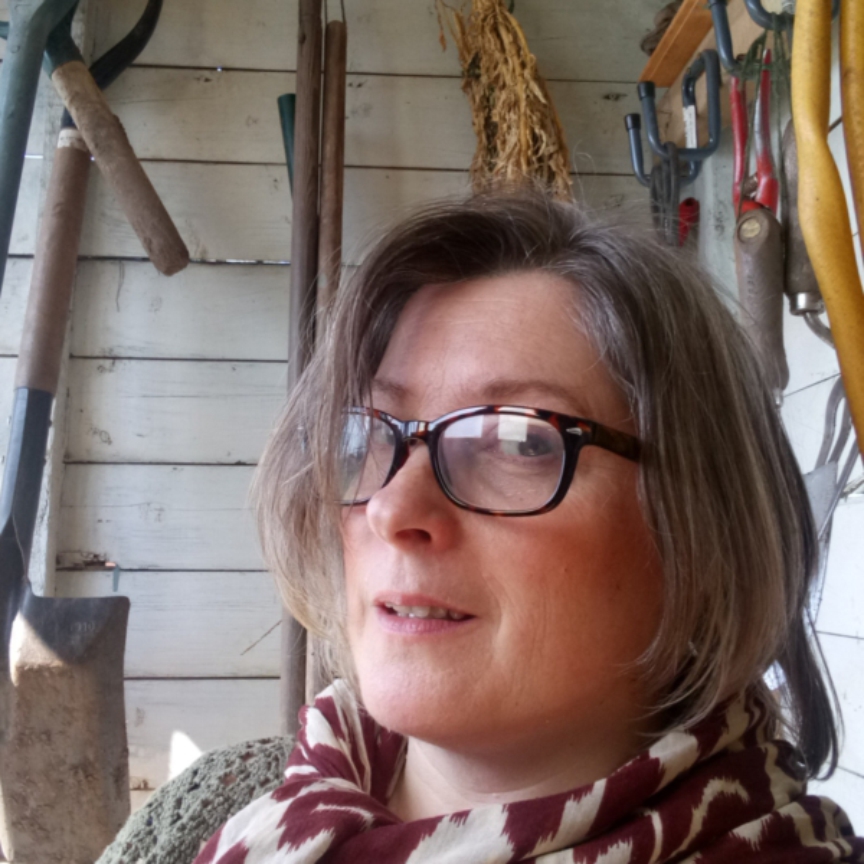

Truth Seeker Trajectory
I live a low-risk life, adventuring on my doorstep now. But, I’ve gone in the opposite direction in other ways. When it comes to ways of thinking about the world, I’ve found myself wading out into the choppy waters of alternative information, and out of the millpond of established thought.
I’m becoming more of a truth seeker in that way. I gather in different (and I believe useful) information, and truths, to bring back home, hoping that this will be well received. My success is varied, and it’s a difficult call because I have a feeling that we’re becoming more adverse to debate in society as a whole.
It hasn’t always been a problem because sometimes the choppy waters are only in a small bay. At times though, I feel as if I’ve accidentally drifted out of the bay, on a small boat, into open water. I’m looking around, wondering where the coastline is. But, I see others. I ask, ‘Are they Truth Seekers too?’ And, what is our role?
A Hillfort Story
Let’s visit another scenario. Justine and I – we used to go on day-long micro adventures. I took this photo on a walk along the Malvern Hills, just south of home in Worcester. This walk is nine miles, but up and down steep slopes along two Iron Age hillforts on the Worcestershire/Herefordshire border. British Camp and Midsummer Hill, cradle the ridge.
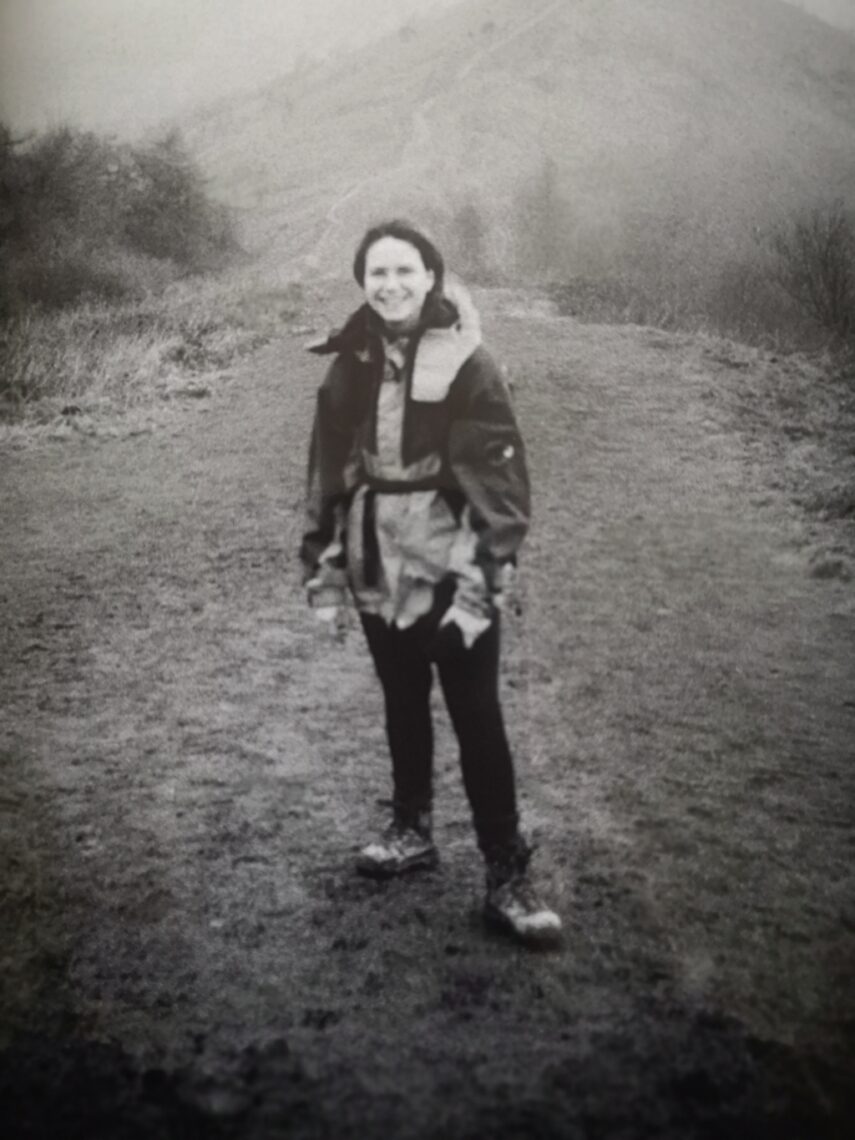
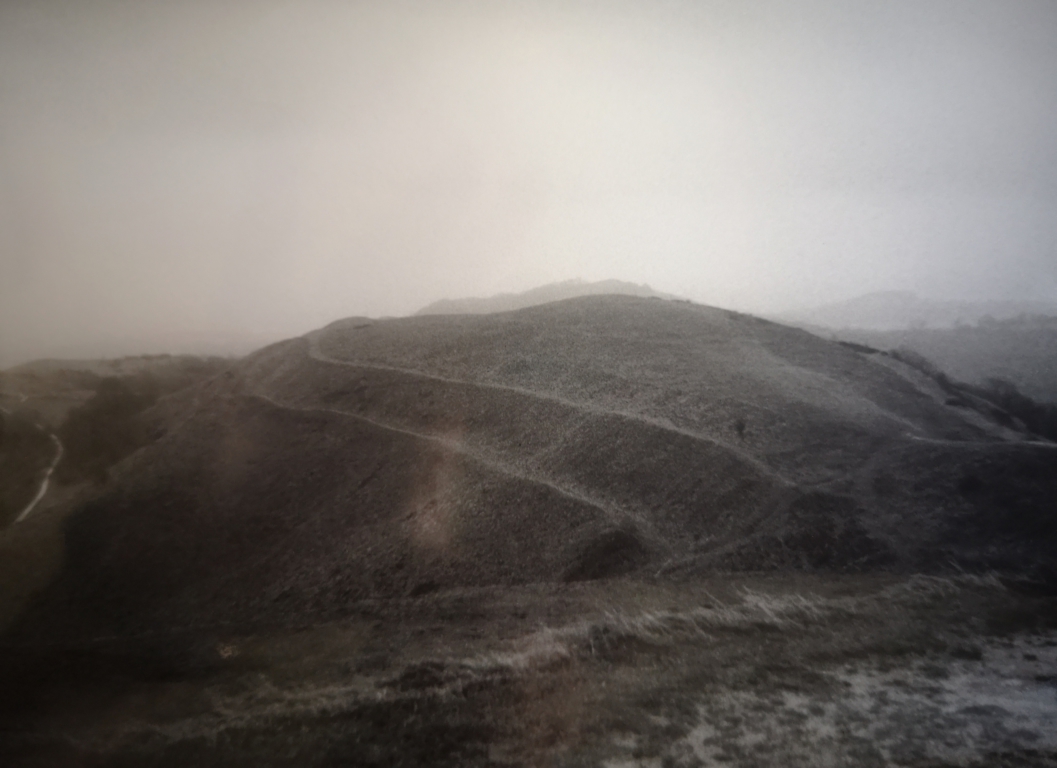
Let’s imagine we’ve gone back in time and we live for parts of the year on this hillfort, called British Camp, in the Iron Age. It’s set within a Kingdom where there are other hillforts, and lowlands between that are connected to their own fort.
The Inhabitants: Conductors of Normal Life
The majority of people focus inwards on daily activities taking place in the centre of the fort. They keep those activities going, operating in their specialist roles. They may be potters – experts in the qualities of different clays and different shapes of pots to be used for various purposes.
Myself – I’m Banba, Keeper of the Corn. I’m a processor and storer of corn crops, knowledgeable about different wheats, barley and oats. Winnowing threshed wheat, I separate the wheat from the chaff. I parch, seive and sift it – I’m often seen in a cloud of dust. I know the soil and terrain of the fields in the lowlands where farmers grew those crops, though I’m not a farmer myself.
As Keeper of the Corn, I have distant connections to those who manage the cows, sheep, horses and pigs brought up off the lowlands.
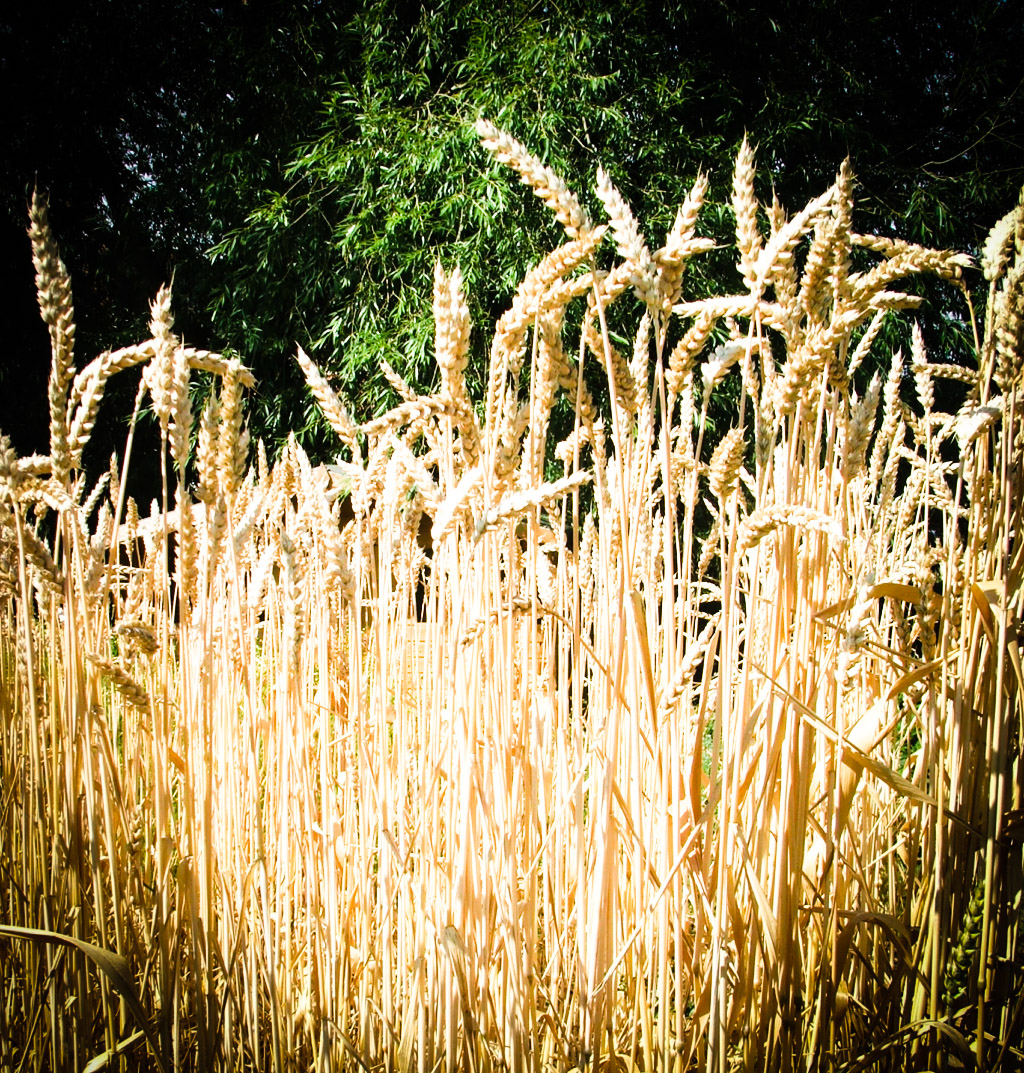
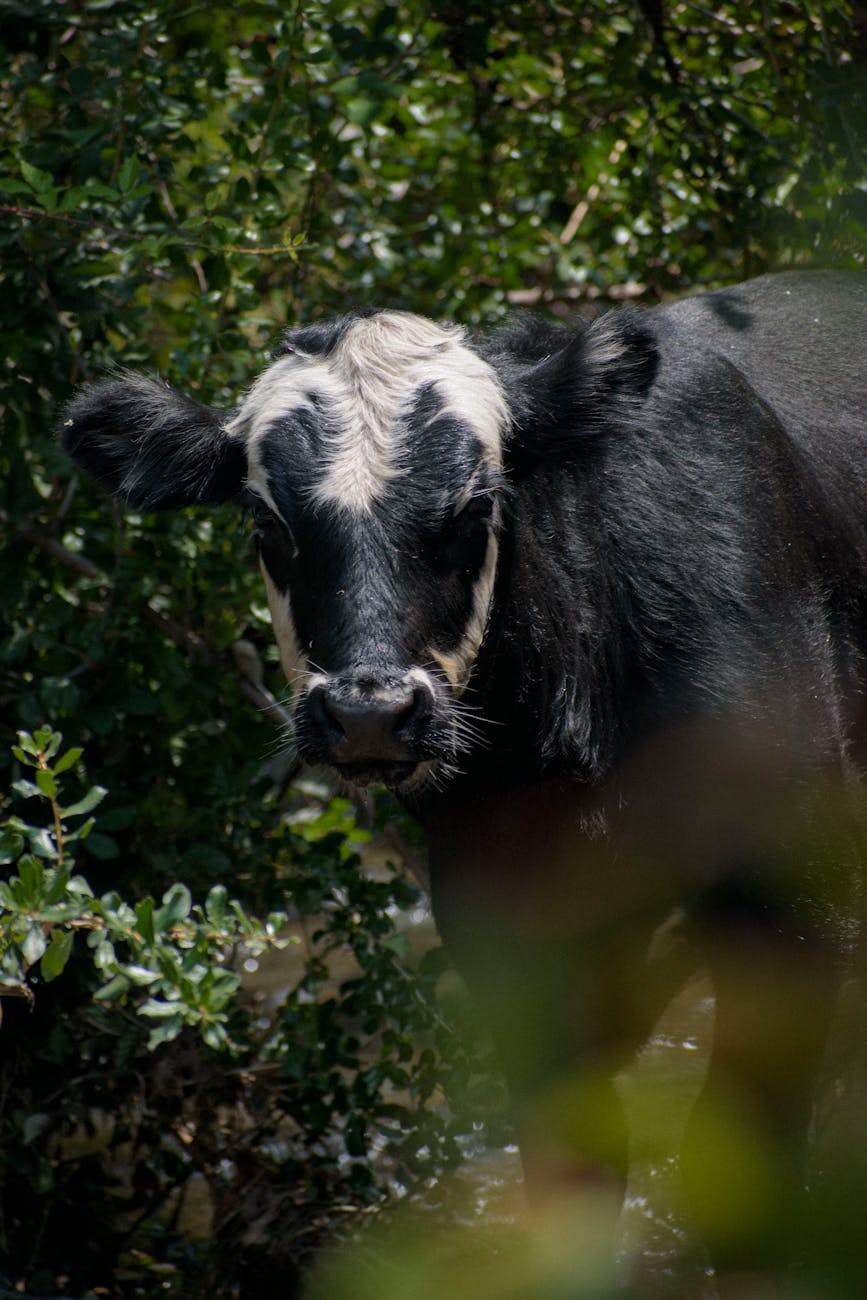
Truth Seekers and Prospectors on the Lookout
I’m part of that focus on the centre of the hillfort, but I’m inclined to go wandering from time to time. So, maybe I’m not the most reliable. I sometimes appear on the perimeter, at a Lookout, staring out into the Kingdom beyond, trying to work out what’s going on. This is a Truth Prospector habit.
I am one of the Perimeter People – there are not many of us. I occasionally see someone I know (even those who I’d be surprised to see on the perimeter). We nod, then have a brief conversation about what we think is going on. I’m the only one who says anything about it, though, when I return to the fold in the centre of the fort.
The Orators and the Chieftains
For entertainment there are the Orators. Every day they say ‘Hear Ye, Hear Ye’ and we sit at their feet to hear the news of the day. We believe they are the voice of the people, as we pay them in pots, cattle and corn. But, really, they are the voice of the tribal Chieftains, because they pay them more, in copiuous coins, with which they can buy anything they want.
I sit cross-legged at their feet, with everyone, but increasingly I sit with furrowed brow. The Orators may have said something that makes me feel that something isn’t right; that we’re not hearing the truth. It starts with a few seeds of doubt that makes me question. One of these seeds was seeing the power of an invisible threat to freeze our thinking.
So, one of these seeds. A few years ago, every now and then, the Orators would report that livestock are dangerous simply because they breathe. Their breath is an invisible threat – it’s heating up the Kingdom. This is at a time when we were coming out of an era of very cold wet climate, before the warriors came from over the sea. The warriors’ Chieftains lived in a place called Rome, and little did we know it, but during their reign our climate would become warmer. So why would we be concerned? Times had been harsh in our cold, wet world.
The answer to this danger, the Orators tell us, is that we must eat more corn, and not meat, milk or cheese.
The Greens
This was not a big story, at the time. Only a small number of inhabitants of our fort were interested. They saw themselves as guardians of the environment. They dressed in green, and I was one of them. Occasionally some from around the Kingdom would come up and converse. On this story, I felt that the Orators were leading us astray, and on this occasion I tried to talk what I believed was common sense.
Are Livestock Destroying our Kingdom?
Though I am a Keeper of the Corn, I said to the Greens, ‘We cannot feed everyone just on corn (and leaves and roots). We’ll destroy the soils trying to do this. We need cattle to fertilise the soil – go speak to the cowman‘. But, they would not. They would repeat (like a chant), ‘Our world is burning up. Too many cattle breathe‘. Yet sensibly, if I explained that the cow’s breath was not dangerous (it just circled round in the environment), they would fight me on it.
I came back to my compatriots in the centre of the fort to relate some of these conversations. They would politely engage for a little while, but they weren’t very concerned. It didn’t seem like a big issue at the time (and bigger issues were to come our way).
Learning How to Speak
I gradually learnt that suggesting a different opinion, in a straightforward manner, was no guarantee that anyone would listen, if they were passionately of the opposite opinion. Facts don’t change our minds. The conversation was emotive, so I had to get emotive too and speak through stories. I gradually learnt how to converse on this topic.
My husband grew up on a small farm, before he came to the hillfort. So, I would say something like, ‘My husband grew up on a small farm further north in our Kingdom, in the Red Lands, in sheep farming country.’
The Red Lands are where the soils grow out of red sandstone. It’s loose and not very nutrient rich. You can’t grow crops very well. And, as he said, ‘The grass grows short and tufty – the sheep like it, but it’s not enough for cattle. Read about the Red Lands and Red Rock Farm here. I would say, ‘See how much land in this Kingdom is like this – pastureland. And, it has been so since the first farmers arrived, and maybe that’s for good reason?’ There has always been the breath of many animals, yet our ancestors relate long cycles of cold and warmth. So how is it that this breath can heat up the Kingdom now?
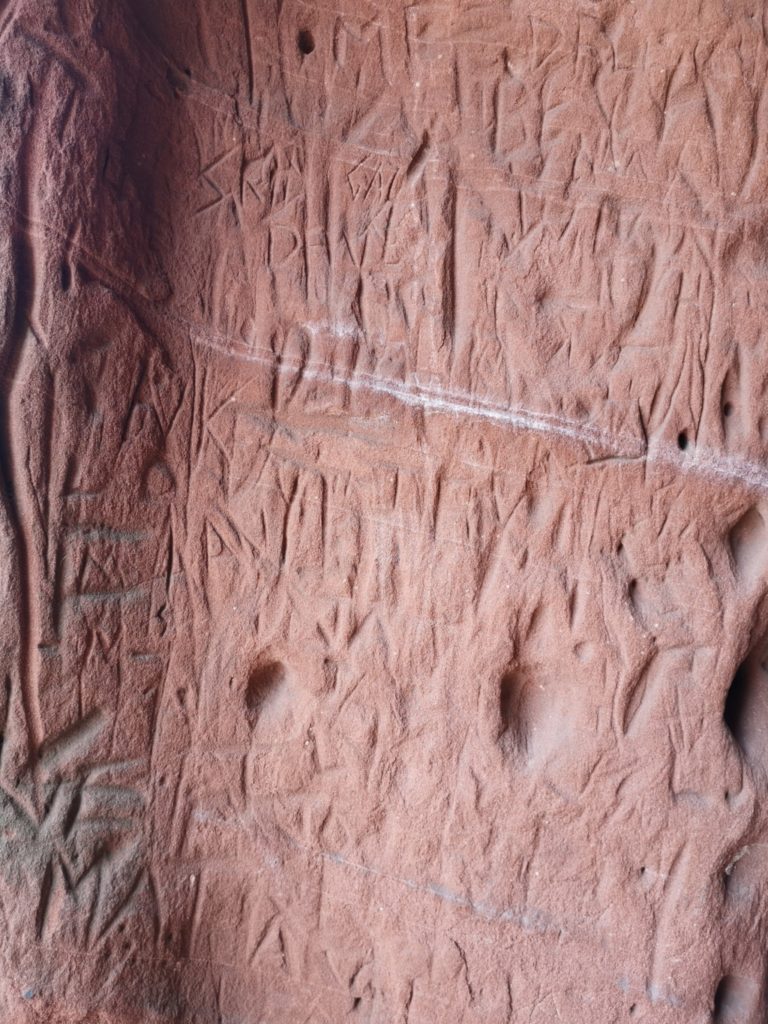
The people who dressed in green did not refute me, because they knew no farmers of the Red Lands. I had pointed them to the real world (a world of grass and sheep) that seemed natural and benign, rather than an invisible threat. Maybe they’d thought about my question? I had sown a seed.
Truth Seekers at Alternative Platforms
My information also came from looking out from the perimeter, where there were speakers standing on wooden platforms. With a group gathered around them, some would be speaking loudly, angrily or in alarm. Some would be more softly-spoken – their audience leaning in to hear. They would be saying, ‘Come listen – this is a better way to live‘. These were alternative platforms, set in a field or a woodland copse – the mountains in the distance and the glint of a river nearby.
I went to listen to farmers standing on these platforms. They questioned ‘the damaging breath of cows’. They spoke of old ways of farming that rely on a constant rotation of crops and animals. In fact, sometimes animals alone, high up in the hills. On another platform, I heard about the value of animals in ancestral foodways.
Wise Traditions: Ancestral Ways
Back in the fold, I mentioned these people on alternative platforms, but they had not heard of them. Their news came from the Orators. But still, I became someone who would often say ‘Let’s not overlook the ways of our ancestors, because many of these ways are still good’ or, indeed I would ask the question, ‘Do we need to revive ancestral knowledge?’ I saw myself as a very minor orator, comfortable in this knowledge zone, but constantly learning ways to orate perspectives to the small group who would listen.
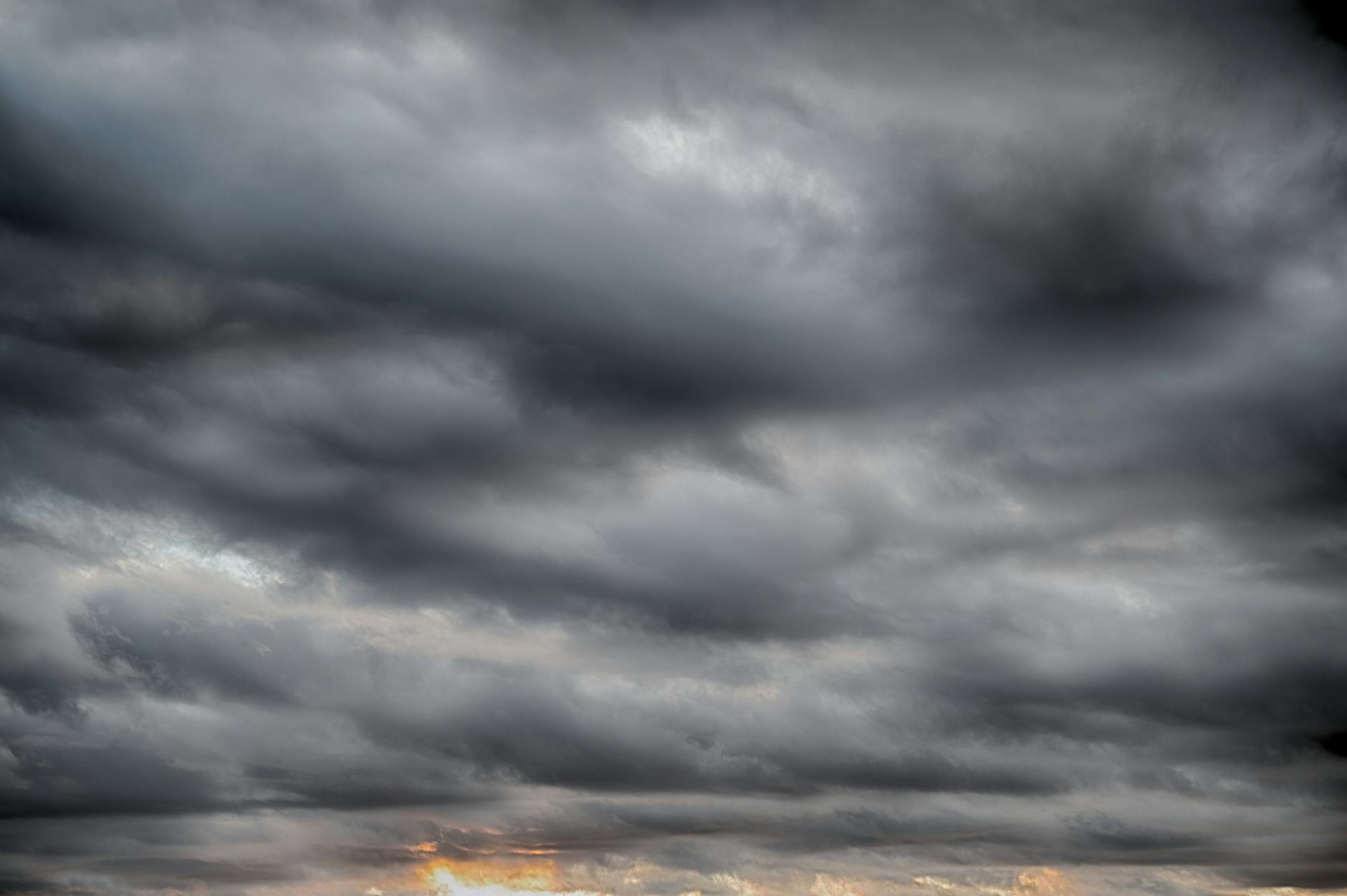
The Storm Clouds Gather
But, soon, big changes were to come. Again the seeds of doubt, sown earlier, made me question what the official Orators would say. It took some time, but I recognised familiar talk of an invisible threat. So, I went to the Lookout. Big storm clouds were gathering in the distance.
More platforms appeared. Great groups of people walked slowly along the byways, with intent, holding up anything that represented what they wanted to say. But, the Orators said nothing about them. When I came back into the fold, I tried to explain, but I couldn’t find a way to relate what I’d heard.
This time, it was not just a small topic that seemed to be of minor consequence. EVERYONE knew about this because the Orators spoke constantly about it. The Orators mesmerised people, and corralled them into a state of fear. Events turned our lives upside down. Still, around the Kingdom, the number of Perimeter People grew, each on their own hillforts, with a sense of disquiet. They were saying, ‘I’m changed forever, I can’t unsee this‘.
Like me, they were one of quite a few, but they were scattered. They were one of just a few souls on their perimeter who tried to speak, and struggled to find the right way to speak.
Alternative Platforms and Information Ecosystems
The hillfort, the Orators, the Lookouts and alternative platforms around the Kingdom – these all exist, in a way, in a modern information ecosystem. Increasingly, this is becoming digital, ruled by algorithms (both of which can be good or bad). In many ways, we have so much information available, but it’s very coralled. How about you? Do you find it overrides your intuition, and your ability to check in with the real world?
We need truth seekers (which include the go-betweens), the experts and investigative journalists. Where do you sit – are you a Truth Seeker? If not, I hope that you, and more people, can still accept Truth Seekers in our midst. Together, they need to find a balance between looking into the darkness (grappling with, and exposing uncomfortable truths), and promoting a better way to live. From darkness we emerge into the light.
Continued in Alternative Platforms: Why We Need Them (visible from the hillfort perimeter).


